According to Decree 109 issued by the Government in 2023, each university will develop its own regulations on academic integrity and solutions to manage this issue.
Academic integrity
According to regulations, universities need to base on the unit's practice, international practices on scientific research management and other legal regulations when researching and issuing specific and detailed internal requirements. The review of academic integrity also requires very special departments such as the academic integrity council and research ethics committee.
The academic integrity regulations need to clarify basic violations including: fraud, fabrication and plagiarism. The most common types of fraud in scientific research include falsifying information about authors, research results, agencies/organizations in scientific products, or distorting the role, position, and contribution of authors and organizations in scientific products.
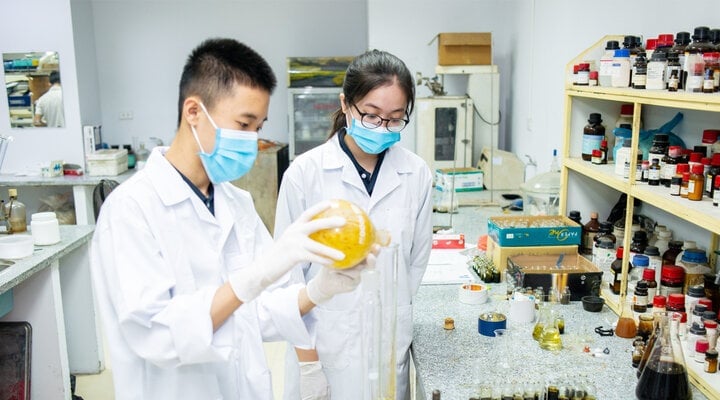
Academic integrity. (Illustration)
The fact that a full-time lecturer of University X published a scientific article at University of Medicine has caused many multi-dimensional debates. In terms of management principles, full-time lecturers must write the name of the university they are working for and cannot arbitrarily use the names of other agencies/organizations in scientific publications.
This problem can be solved completely through one of the following models:
First, when a full-time lecturer of University X publishes an international scientific article with the name of University Y without any formal agreement (such as a work contract or research collaboration), this lecturer may violate the crime of falsifying information about the agency/organization in the scientific product. At least one university (X or Y) can handle this behavior of the full-time lecturer according to the university's academic integrity regulations.
Second, the permanent lecturer of University X must comply with relevant laws and regulations in the process of performing his/her duties. To sign a work contract or cooperate in research with University Y, this permanent lecturer must have the consent of the head of University X. However, University Y cannot use this lecturer's information to report data to management agencies for criteria based only on permanent staff.
Third, with research projects invested by University X, there may be large amounts of funding and requirements for research products from this project. If a full-time lecturer of University X is allowed to sign an additional research contract with University Y and this person is related to the above research project, the use of the name of University Y in scientific articles must be approved by University X.
Fourth, the Medical University is allowed to use research results in cases where there is funding for lecturers and a work contract is signed according to regulations, approved by University X.
This can be considered for implementation according to the model of the Science and Technology Development Fund stipulated in Article 22 of Decree 109, in cases where universities need to cooperate with external resources to build long-term and sustainable internal strength.
The implementation of these models must be based on the internal regulations of the relevant universities (X and Y), especially the regulations on academic integrity according to Decree 109 of the Government.
The fundamental solution to resolve disputes and prevent tenured faculty from selling scientific articles is to promulgate regulations on scientific research management.
On the contrary, when there are problems in research management, it can lead to confusion in how to solve them or can lead to endless arguments. This can cause great harm to lecturers and universities.
Scientific research and university rankings
World university rankings are a very important measure to position universities on a global scale. When it comes to measurements, there is always room for debate, because it is difficult to have a comprehensive measure for a concept that needs to be measured.
With prestigious university rankings in the world such as ARWU, US News, SCImago, THE or QS, the criteria of scientific research clearly accounts for a certain proportion. This proportion is high or low depending on the ranking.
University rankings are an important reference channel, but there are also many opinions about the discrepancy between the ranking results and the real quality/class of universities.
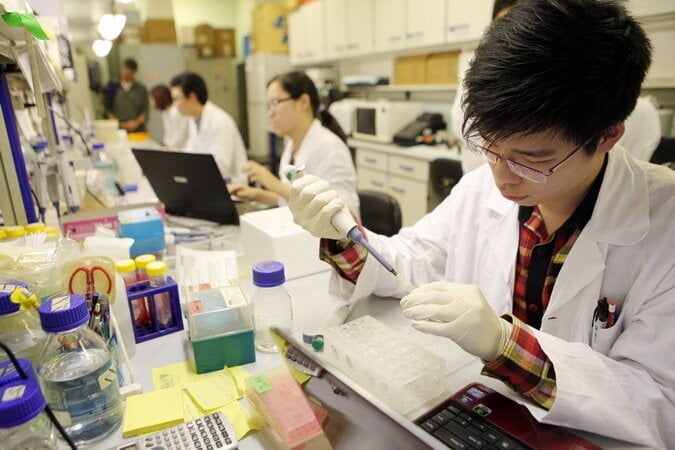
Scientific research and university rankings. (Illustration photo)
In reality, universities, especially those in developing countries, may need certain tactics to be able to enter prestigious university rankings in the world. These universities hardly have the conditions to receive systematic investment and synchronous development.
The public's interest in world rankings and real quality is completely legitimate, reflecting the desire for real achievement and real class.
The past 10 years of practice have shown that developing research at universities in Vietnam, publishing scientific articles in prestigious journals and entering prestigious university rankings is completely feasible. However, development and achievements need to be commensurate with real class. This is a legitimate expectation of the whole community.
With scientific research, if it only stops at the product without transferring it effectively, it is a waste. In universities, transferring research results in the form of new knowledge to learners is the main way to improve real quality. From there, research products can contribute to both improving the real level and at the same time to the ranking of universities.
After all, real upgrading through technology transfer, in which knowledge transfer as mentioned is a formality, is much more difficult than upgrading a university. This is a real challenge for universities, especially universities in developing countries.
In short, universities should invest in policy research to develop internal regulations that are consistent with the general regulations of the State. Schools need to increase the income of lecturers, especially lecturers with good research capacity, so that they can work with peace of mind without having to sign additional contracts with other organizations.
It is necessary to promptly supplement and effectively implement regulations on intellectual property and academic integrity, in which priority is given to developing internal resources and also requires technical and tactical skills, but it is necessary to determine that the destination is still internal resources.
Universities focus on enhancing technology transfer from research products to build real quality and class. World university rankings are very necessary but need to be patient so that the real rank and class are similar.
Dr. Le Van Ut
Source


![[Photo] Comrade Khamtay Siphandone - a leader who contributed to fostering Vietnam-Laos relations](https://vstatic.vietnam.vn/vietnam/resource/IMAGE/2025/4/3/3d83ed2d26e2426fabd41862661dfff2)

![[Photo] Moment of love: Myanmar people are moved to thank Vietnamese soldiers](https://vstatic.vietnam.vn/vietnam/resource/IMAGE/2025/4/3/9b2e07196eb14aa5aacb1bc9e067ae6f)
![[Photo] Special relics at the Vietnam Military History Museum associated with the heroic April 30th](https://vstatic.vietnam.vn/vietnam/resource/IMAGE/2025/4/3/a49d65b17b804e398de42bc2caba8368)


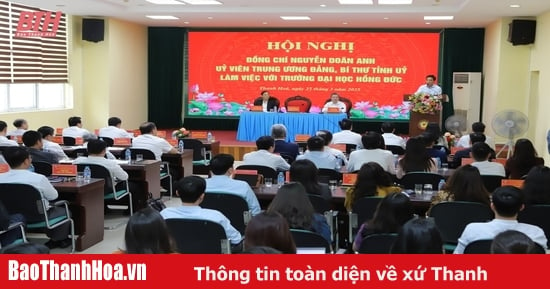

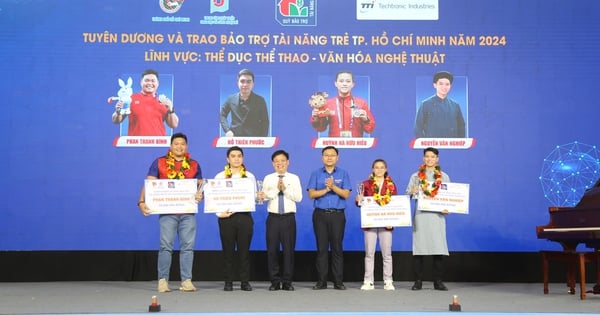

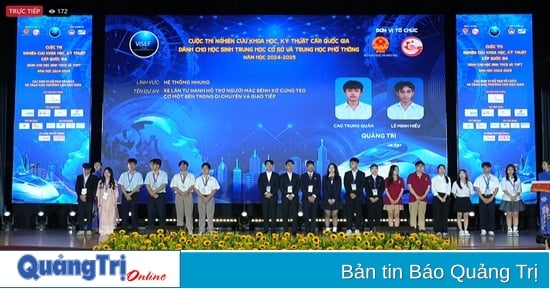
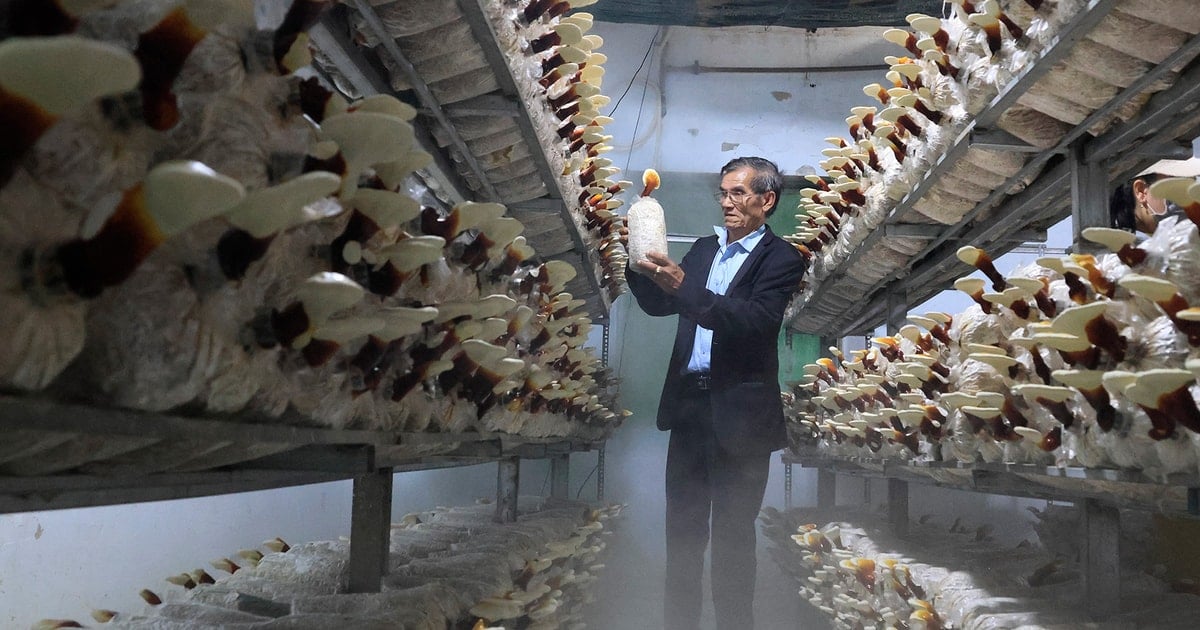
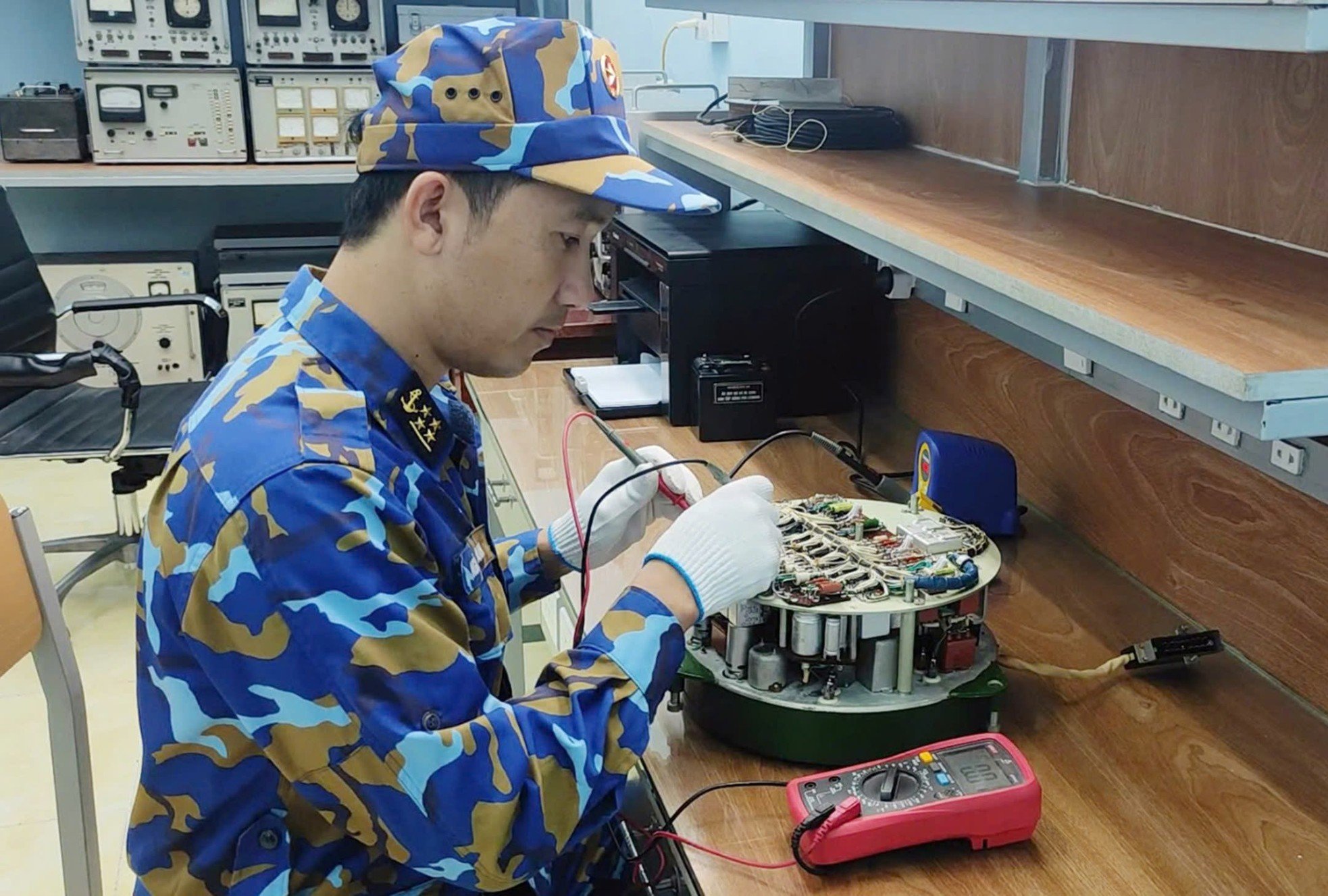

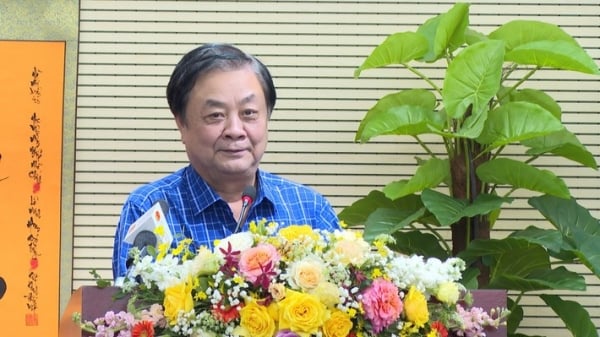

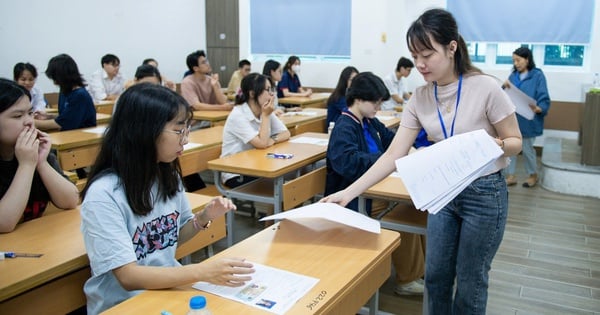

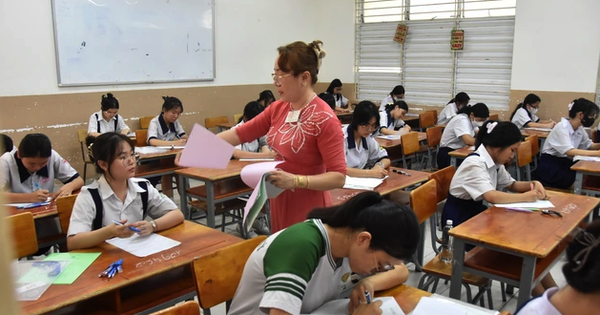
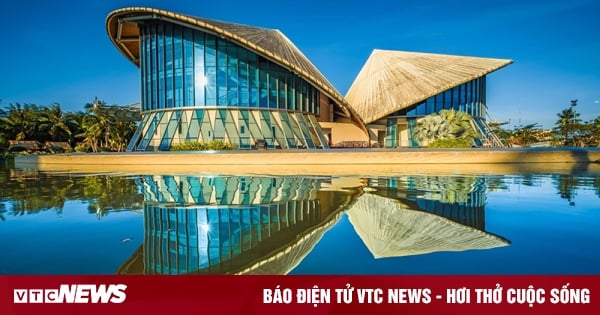
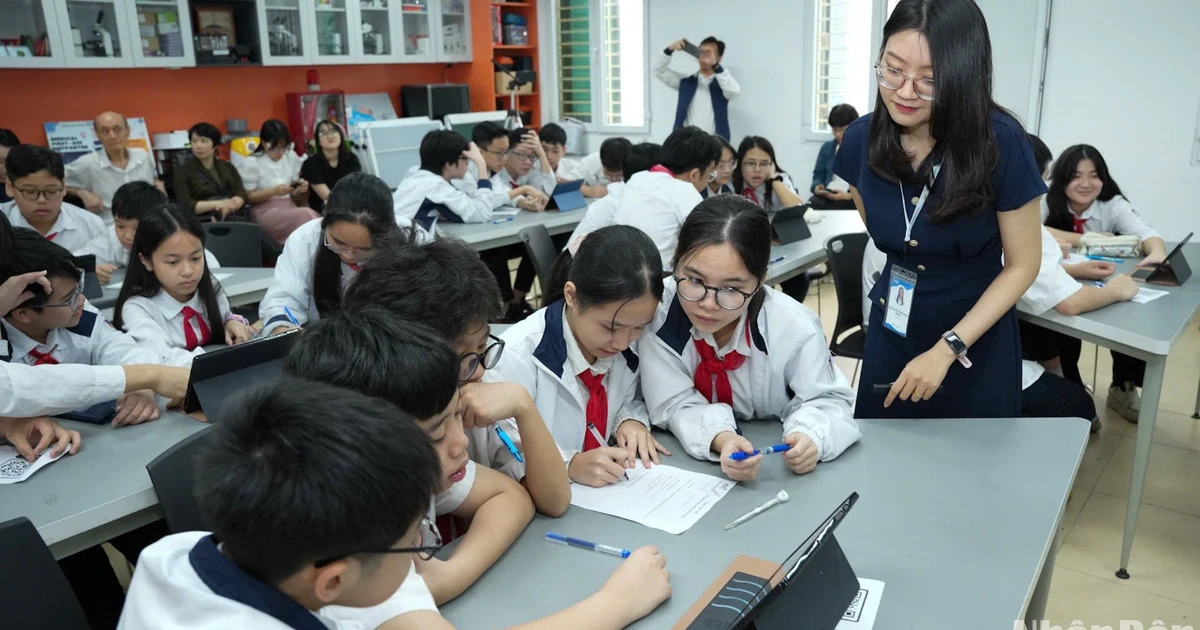
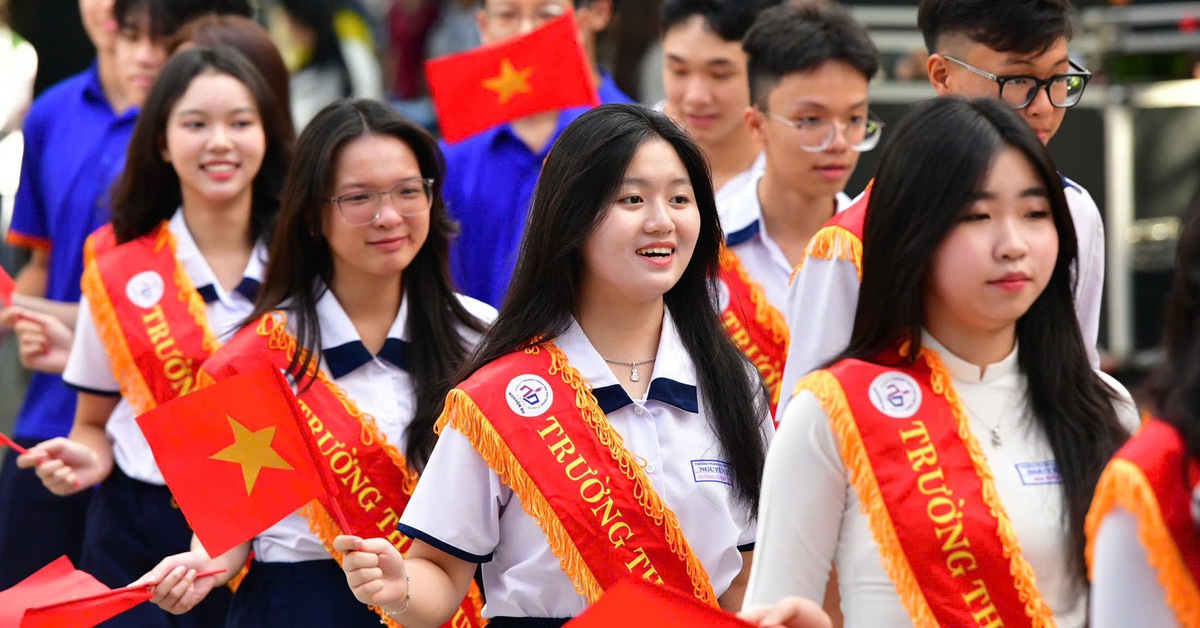






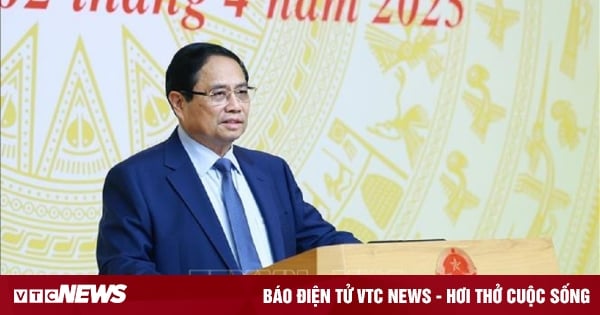

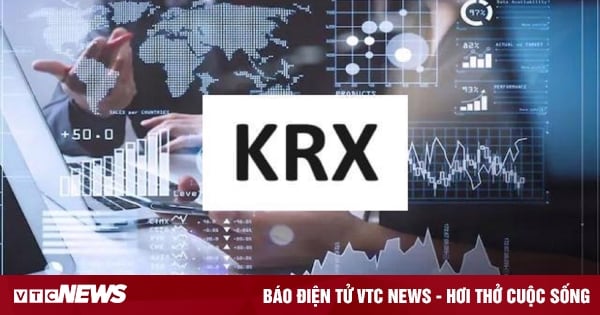
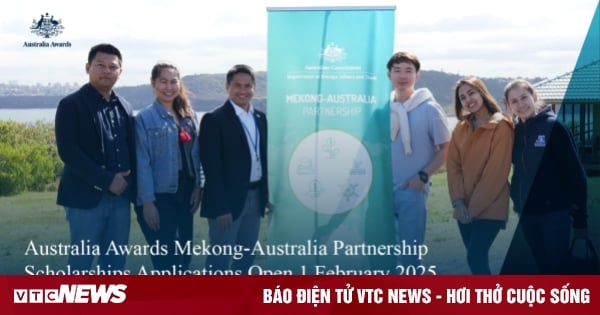

































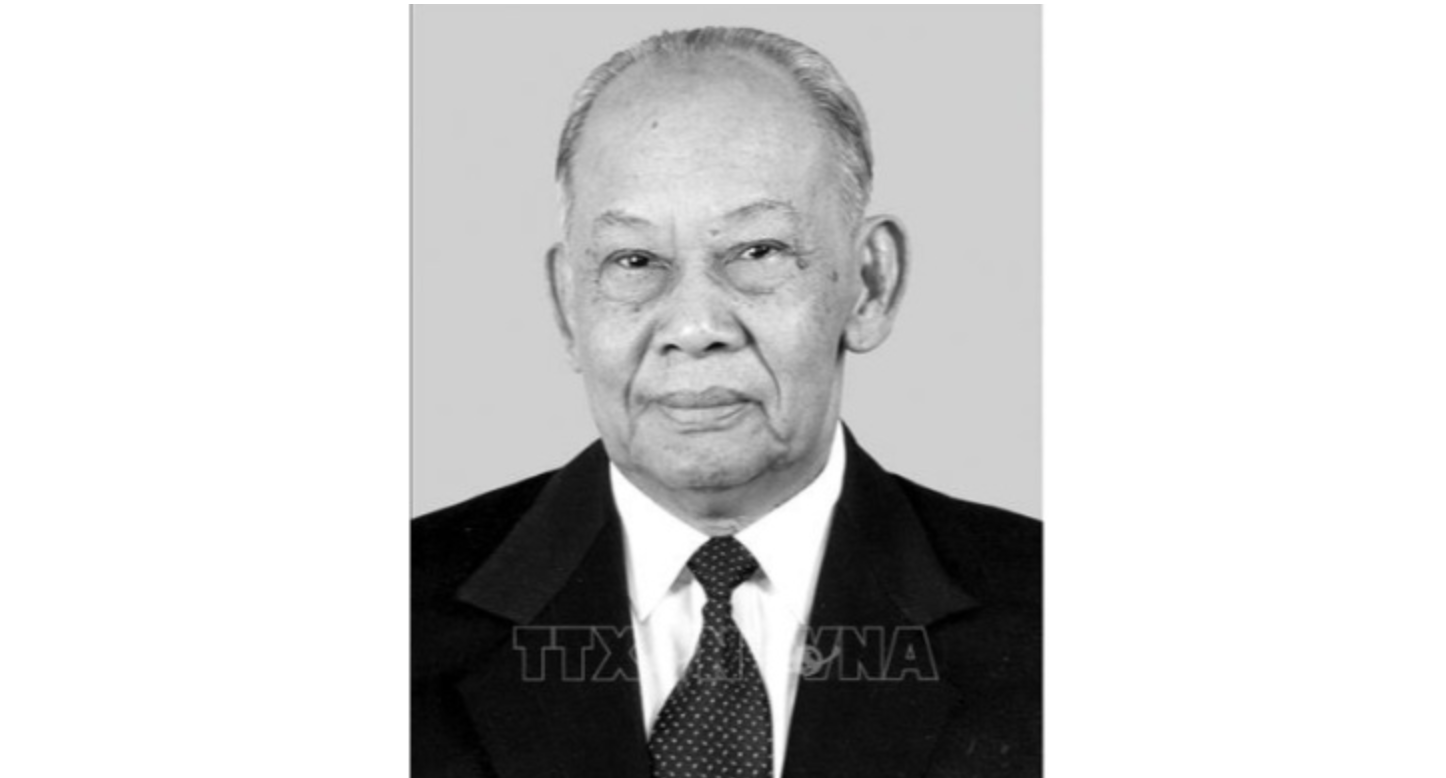

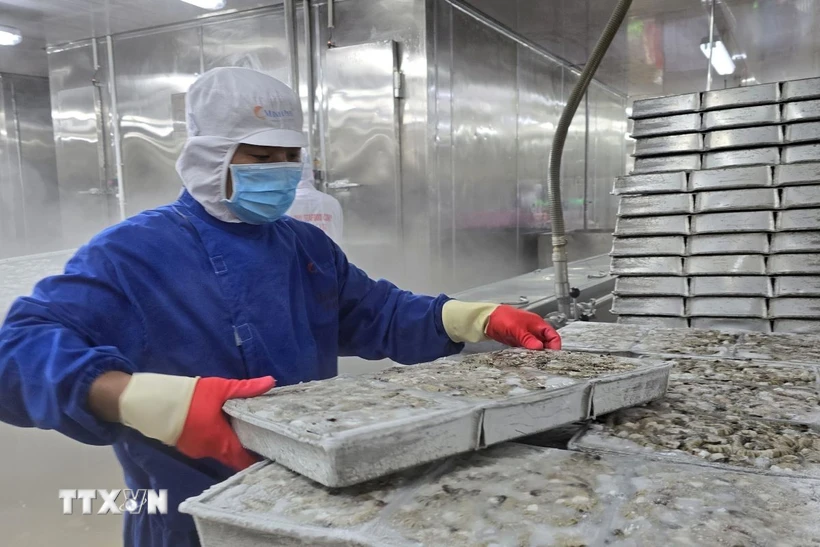
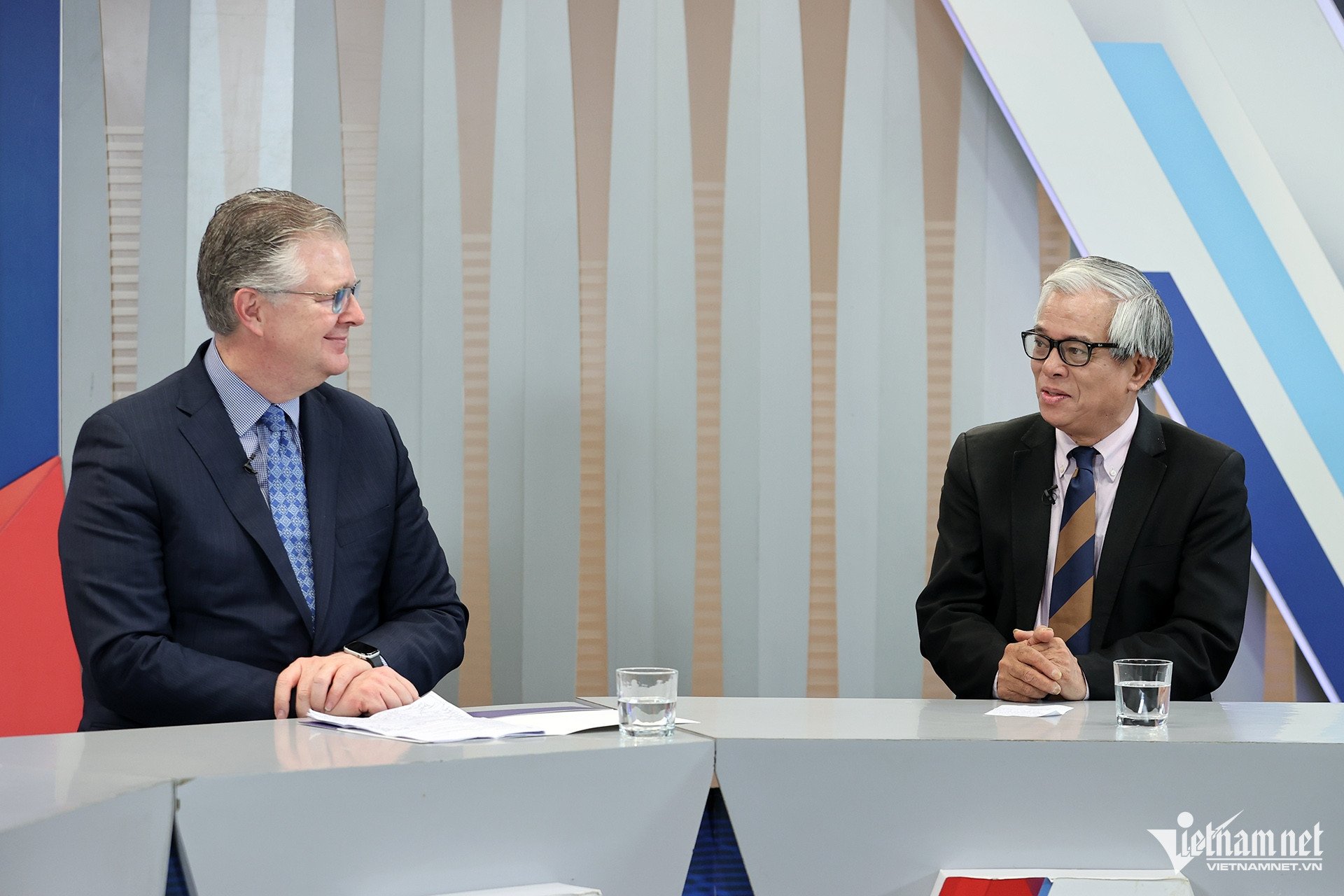
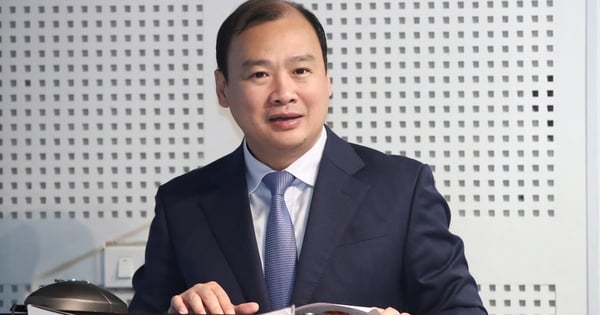





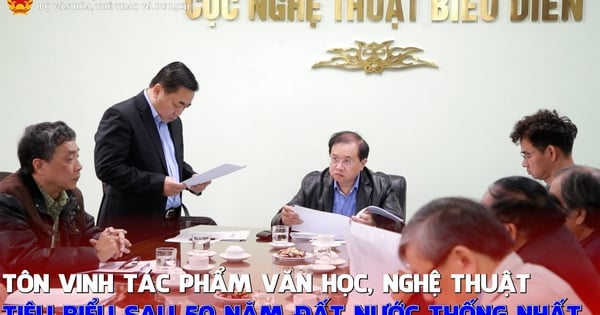
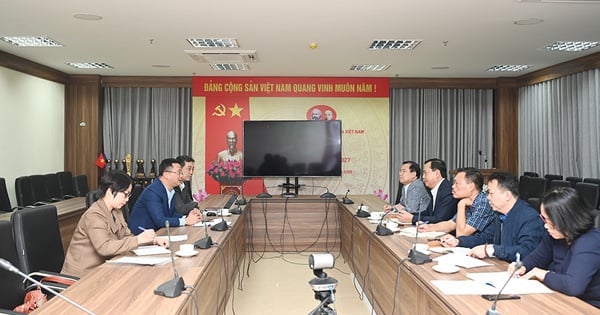


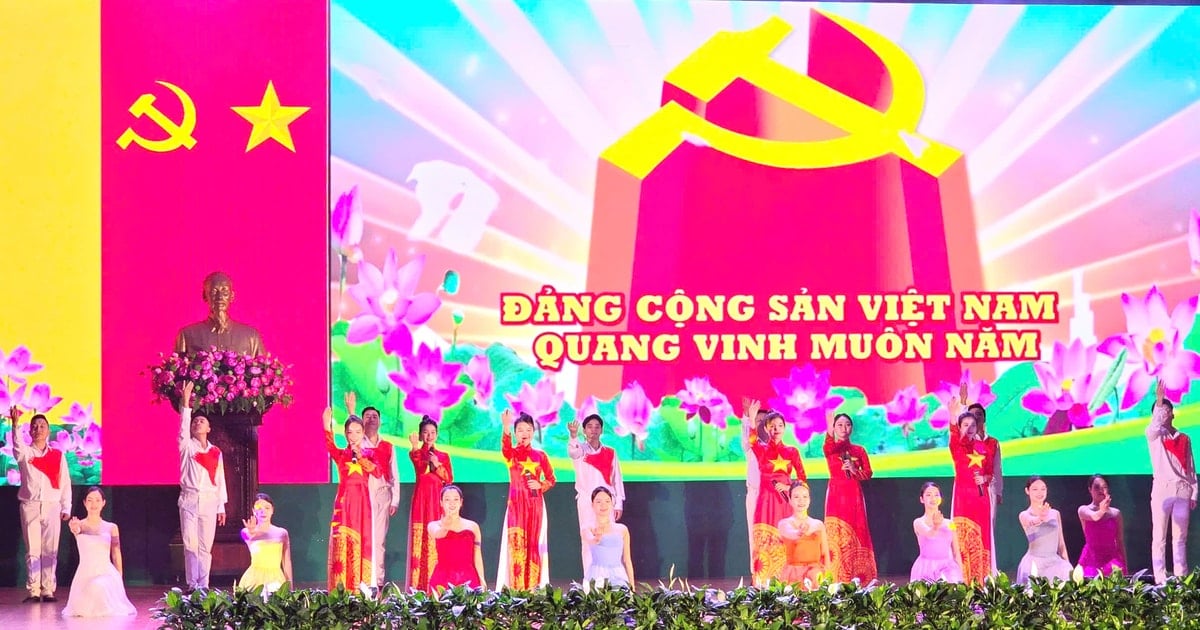


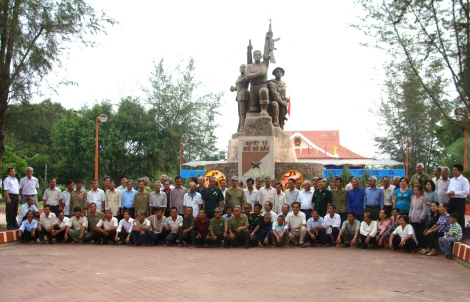

![[Podcast] News on March 24, 2025](https://vstatic.vietnam.vn/vietnam/resource/IMAGE/2025/4/3/f5fa1c3a9ae14d4590ac6965d233586b)












Comment (0)